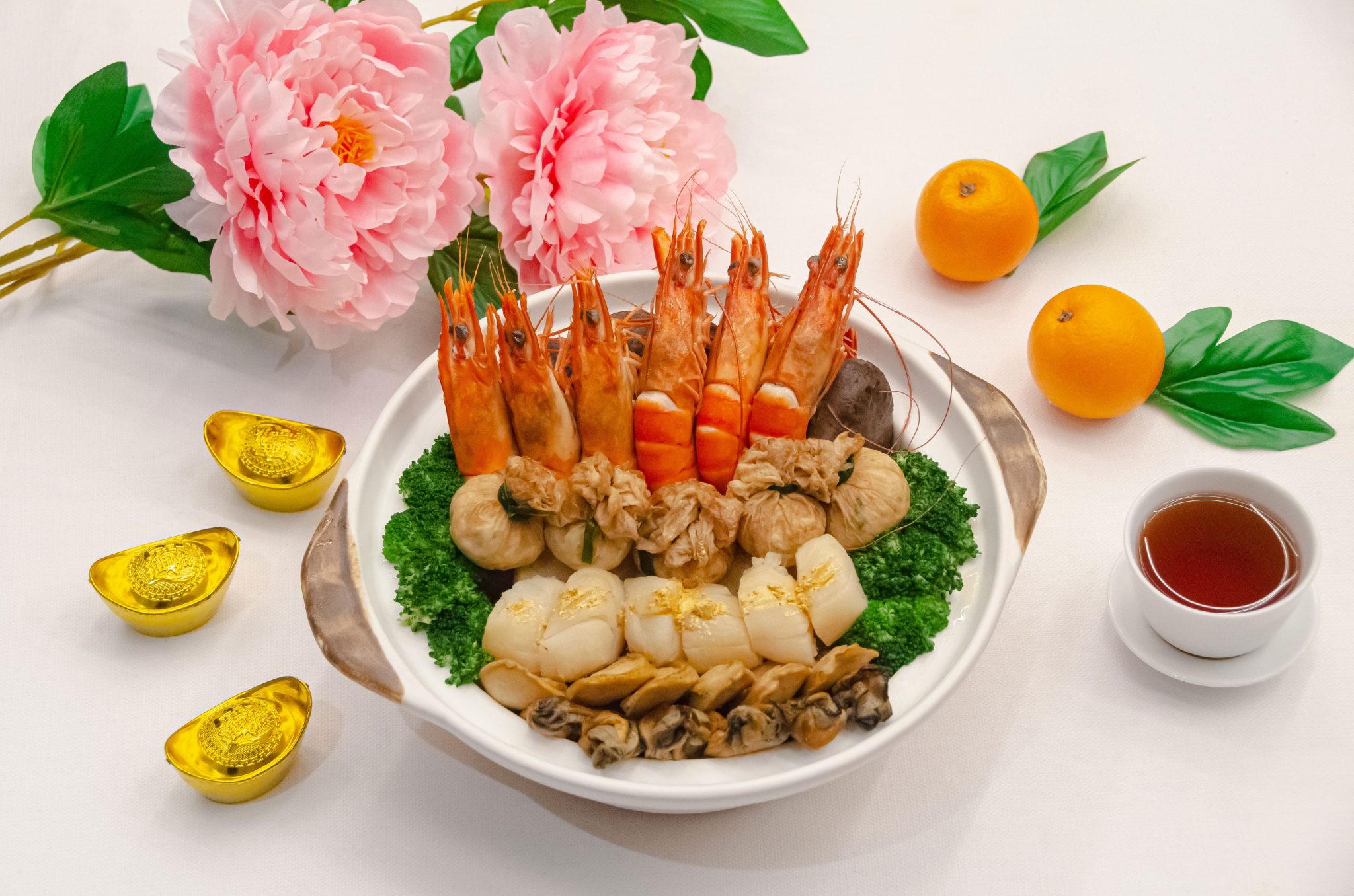Vegan Poon Choi: Redefining Tradition with Plant-Based Goodness for Dummies

Unraveling the Background and Importance of Poon Choi
Poon Choi, additionally recognized as Big Bowl Feast, is a traditional Chinese recipe that come from coming from the village of Hakka in Southern China. This culinary masterwork has actually a abundant past and holds wonderful relevance in Mandarin lifestyle. In this post, we will explore into the origins, planning, and social value of Poon Choi.
The record of Poon Choi can be mapped back to the overdue Song Dynasty (960-1279 Advertisement). Throughout this time frame, China was beleaguered through battles and disagreements. The Hakka people, who were residing in distant hilly locations, possessed to create impressive ways to endure these difficult times. They came up along with the principle of Poon Choi as a technique to share food items among their community during the course of festive occasions.
The term "Poon" suggests basin or big bowl in Cantonese vocabulary, while "Choi" refers to vegetables or components. For this reason, Poon Choi virtually equates to "container feast" or "significant bowl banquet." Learn More Here is generally offered in huge timber basins or metal bowls due to its common attribute.
The planning process of Poon Choi is meticulous and time-consuming. It involves layering different ingredients such as meat products, seafood, veggies, and tofu in a specific purchase. The bottom coating generally is made up of dried out ingredients like mushrooms and sea cucumber which call for a lot longer cooking opportunity. On leading of that are layers of braised pork belly, poultry airfoils, fish hole spheres, shellfishes, abalone piece, and other specials.
Each substance is properly prepared separately to make sure optimal flavor prior to being set up in the dish. The layers are after that topped with a exclusive dressing made from soy products dressing mixed with various other dressings such as shellfish sauce and rock sugar. Ultimately, the whole bowl is steamed for numerous hours until all the tastes blend all together.
Poon Choi is not merely about its intricate prep work; it additionally stores fantastic social significance. The dish is typically provided during exclusive occasions and events such as Chinese New Year, weddings, and genealogical worship events. It represents abundance, prosperity, and oneness within the community.
The communal aspect of Poon Choi is a crucial factor that highlights the importance of loved ones and togetherness in Mandarin culture. It brings people all together around a shared food, cultivating connects and enhancing partnerships. This tradition markets harmony and uniformity among individuals.
Apart from its social importance, Poon Choi likewise showcases the cooking skill-sets of Hakka gourmet chefs. The meal's complicated flavors and appearances display their competence in blending a variety of active ingredients to develop a enlightening blend of taste. It reflects their capacity to create the a lot of out of limited information through changing simple active ingredients in to a luscious banquet.
In recent years, Poon Choi has got recognition not merely in China but additionally worldwide. Many Mandarin restaurants around the world now use this traditional recipe to accommodate to the growing demand for real Chinese cuisine.
In final thought, Poon Choi is even more than just a delicious recipe; it works with centuries-old practices, strength in challenging opportunities, and the value of communal tranquility. Its record and cultural value produce it an integral part of Mandarin cooking heritage. Thus upcoming opportunity you have the possibility to enjoy this opulent banquet, remember that you are not merely indulging in a fascinating gastronomic experience but likewise immersing yourself in the abundant tapestry of Mandarin culture.

